In late January, the Cities-4-People consortium met for a workshop in Bergen aan Zee, Netherlands. The workshop, led by project partner Waag Society, provided tools and training to help aid local pilots in setting up their mobility labs and hosting their co-creation sessions. The workshop lasted for just over three days before our partners returned to their local areas to begin work on setting up their Mobility Labs.
A series of biweekly consortium calls, which had already been underway for some months, continued the processes of learning and exchange that began in Bergen aan Zee. In the weeks immediately following this workshop, conversations focused mainly on the practical aspects of setting up a lab.
Some partners already had experience setting up co-creative spaces, or working on mobility challenges collaboratively. For other partners, this was an entirely new experience. These differences between partners opened up an opportunity to share knowledge with one another, asking questions about what they didn’t understand or sharing their strategies and solutions for things that worked well. In an early example, the team from Hamburg noted through their own experience that “the municipality is very crucial in the setting up of the warming up activities and pilots. We’re in close contact with them to set the dates for the first activities.” This insight led other pilot partners to engage their local municipalities further.
Other insights have to do with community engagement and have emerged through the collaboration with local districts that have better contacts and experience. The Cities-4-People consortium tries to learn as much as possible from other experienced people – and there are already a few pointers to share: ‘It is important to establish trust from your community. You need to give a clear explanation of your objectives and share time lines and results, so that the citizens have some idea of what they are getting into. Get a close relationship with the citizens and communicate the barriers of their involvement. You need to define the mandate that you can give to your community before you approach them.’
As the project progresses, these biweekly consortium calls continue. Now that labs have opened or are about to open in the five pilot areas, the conversations have begun to shift from questions regarding ‘how to open a lab?’ to questions of ‘which tools from the Citizen Mobility Kit can we use, and for which purpose or target group?’
Through these calls peer-to-peer learning within the pilot partners is enhanced. Knowledge and experience is context specific, but also useful in inspiring every partner in strengthening their Citizen Mobility Community and moving their Mobility Lab forward. Intensifying this knowledge exchange is the main purpose for the coming months. Only with the full use of all partners experiences, the learning community call can thrive to a new level of knowledge exchange.
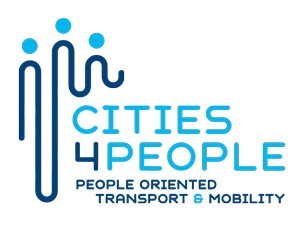
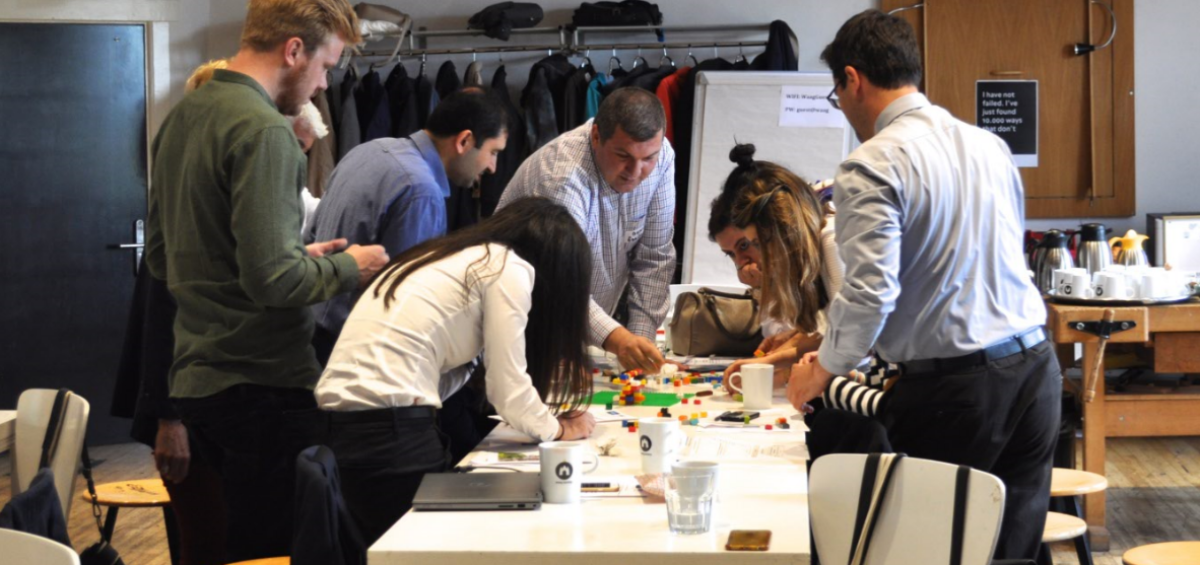
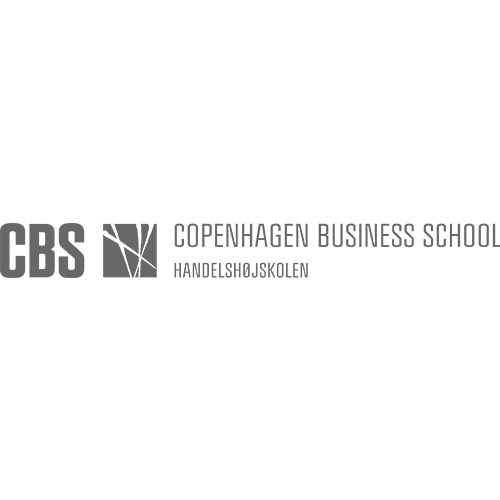

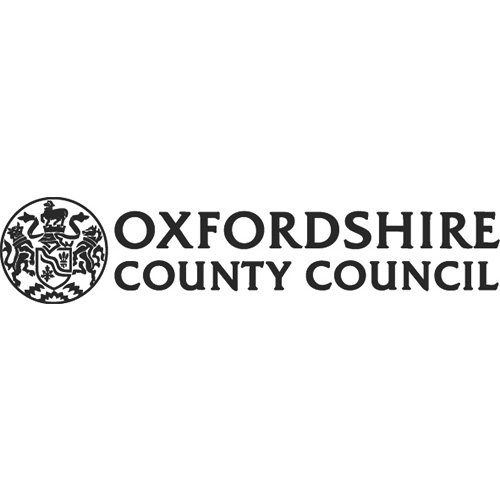

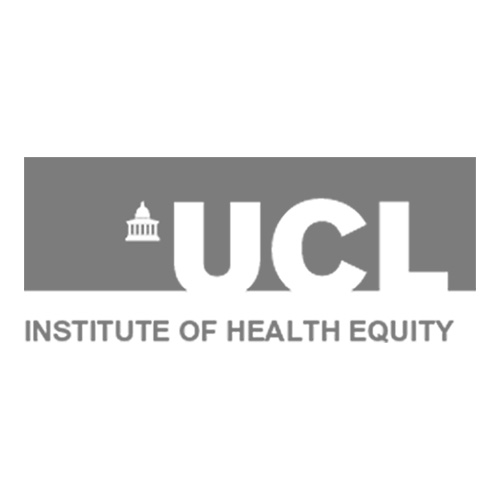

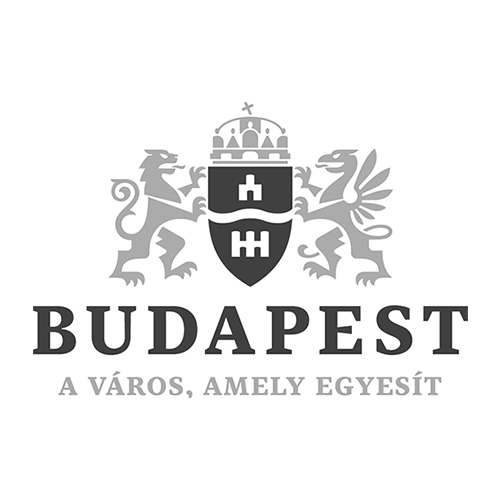
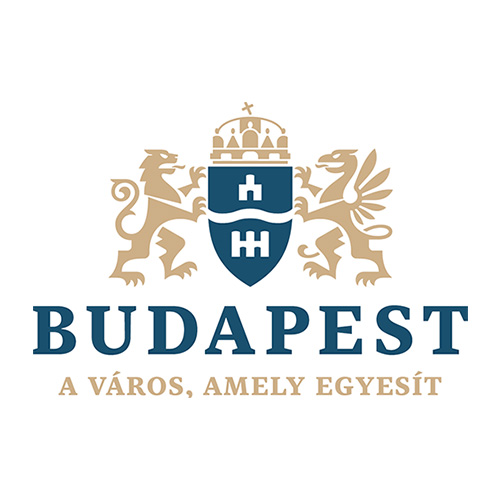
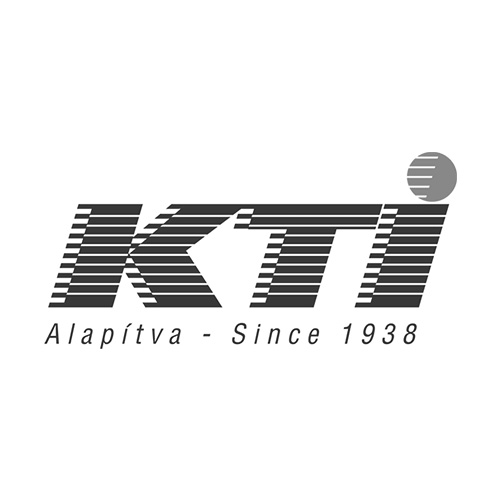
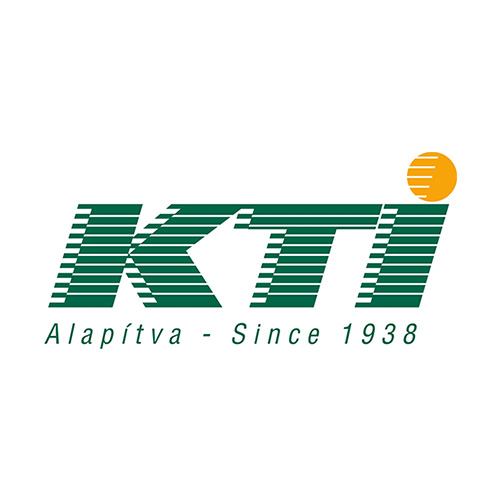
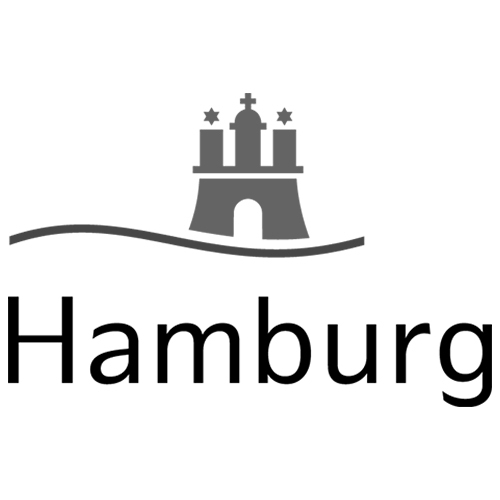
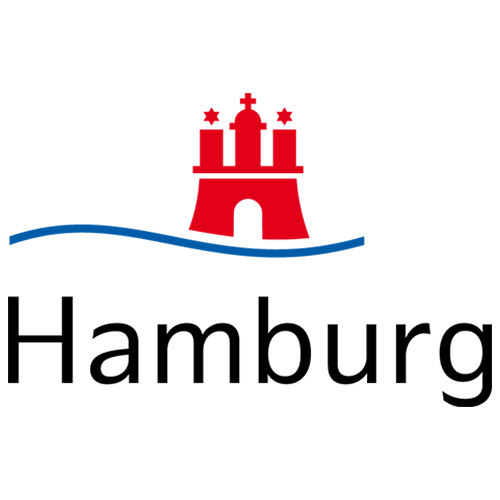
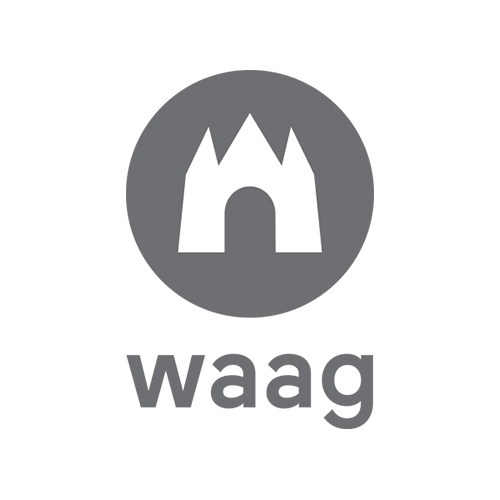
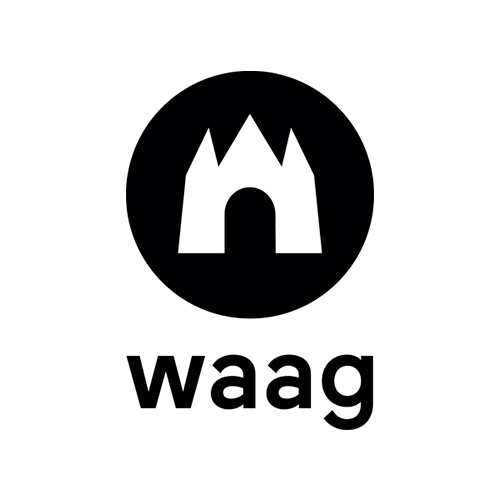
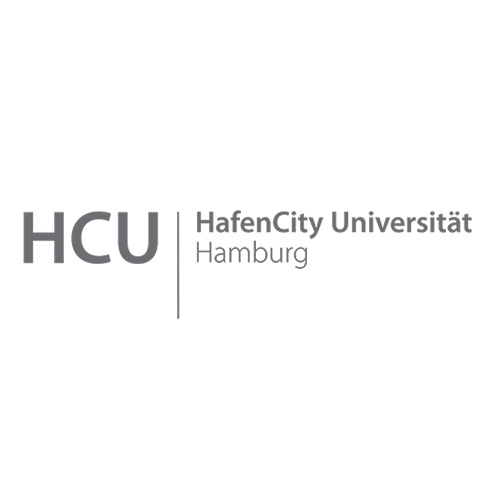
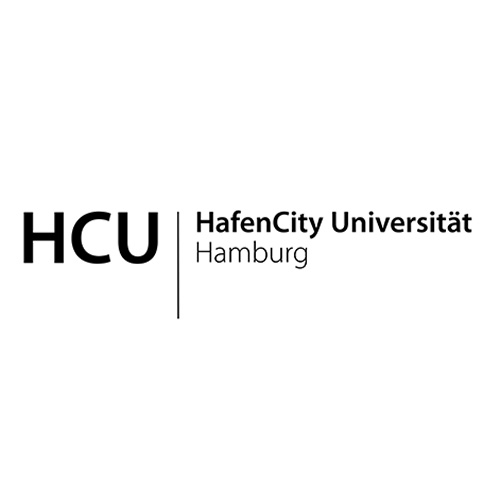
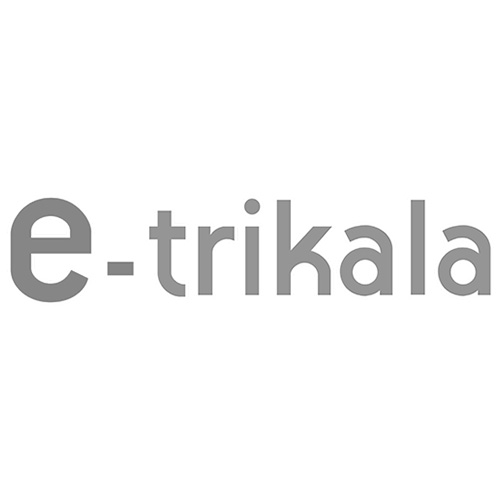
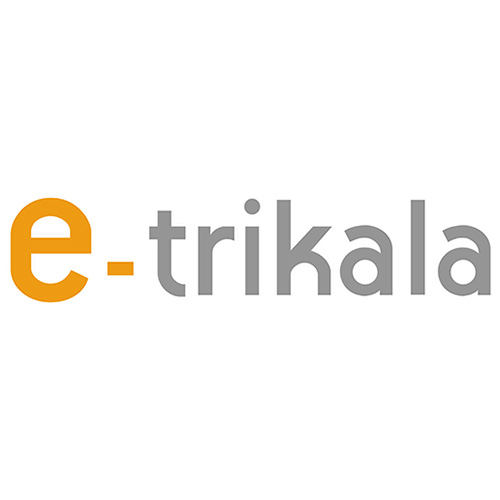
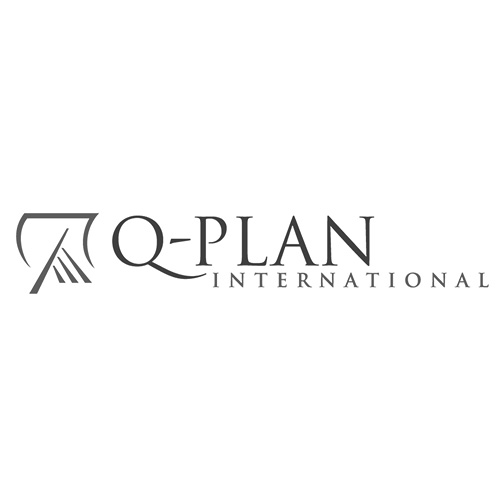
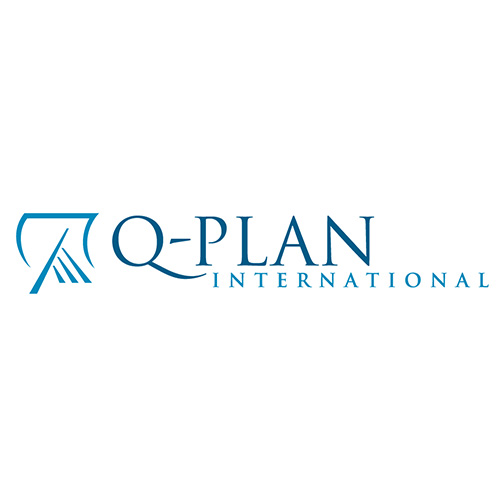
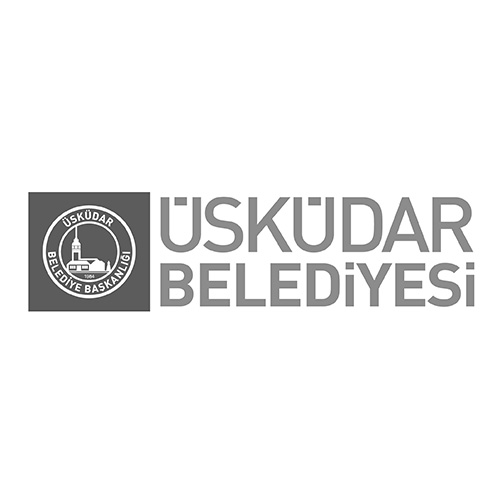

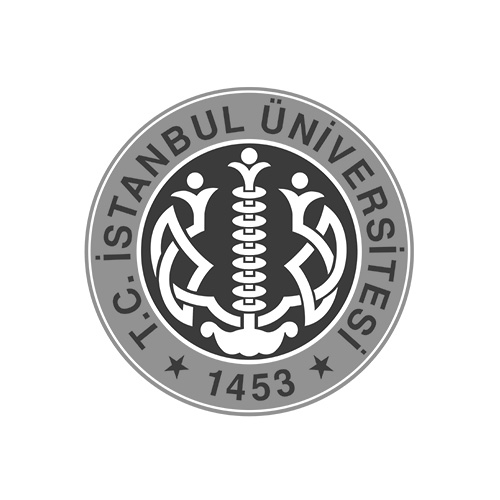
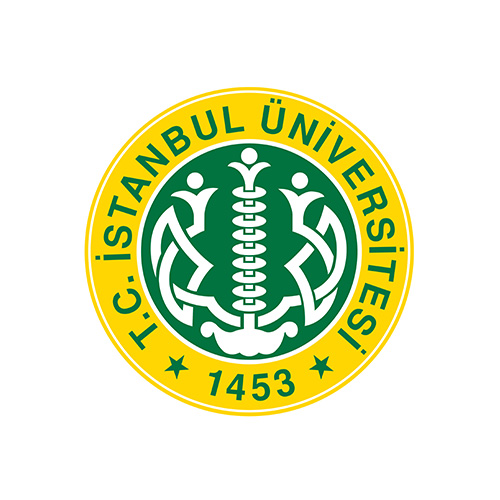
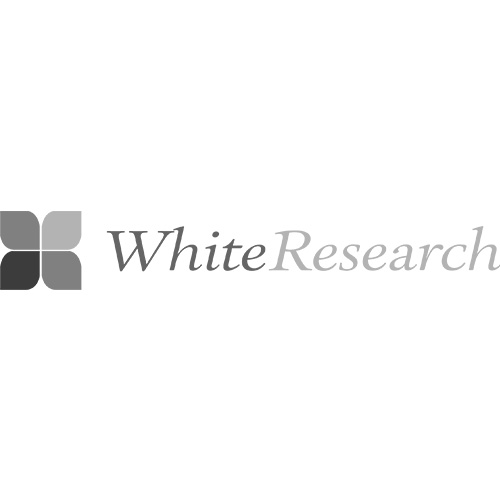
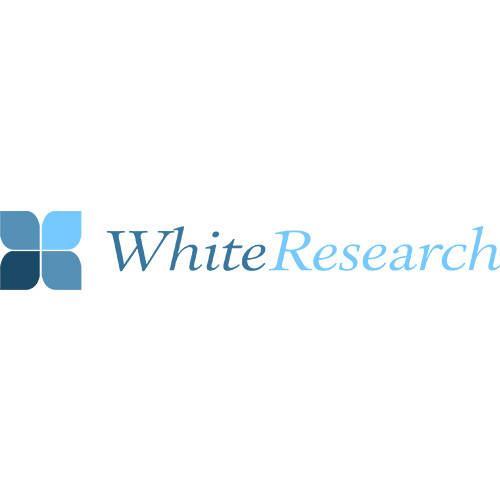
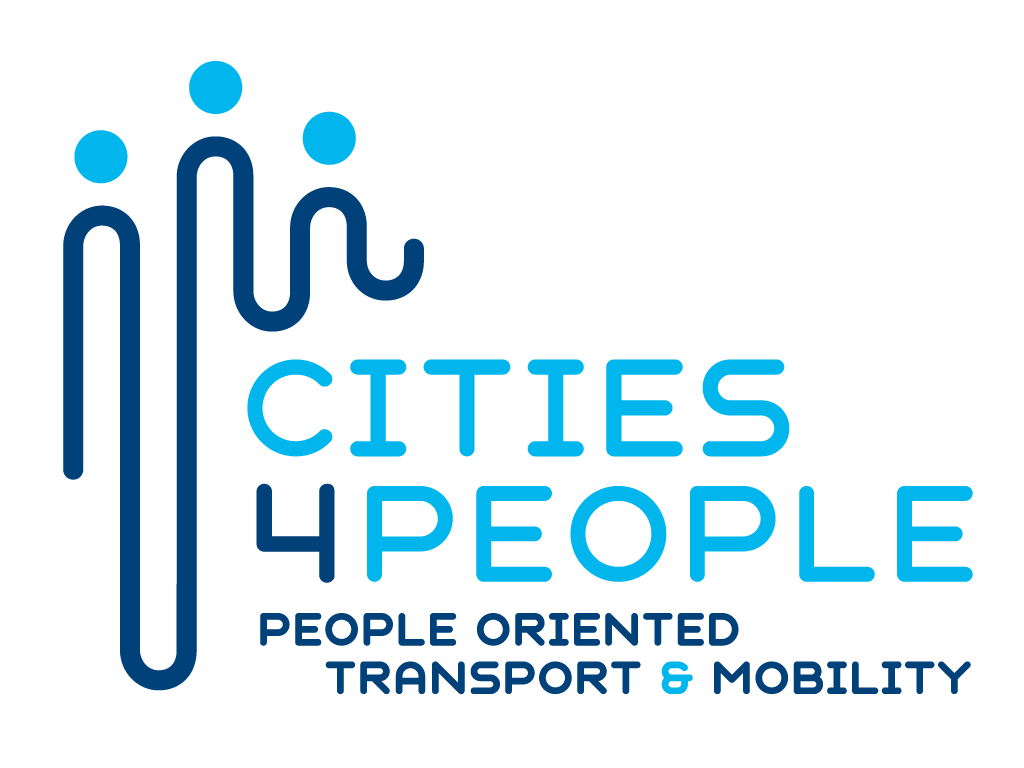
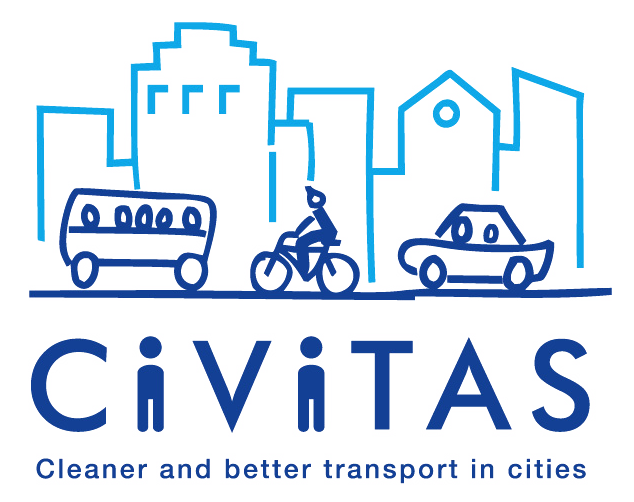


 English
English Magyar
Magyar Ελληνικά
Ελληνικά Deutsch
Deutsch
Leave a Comment